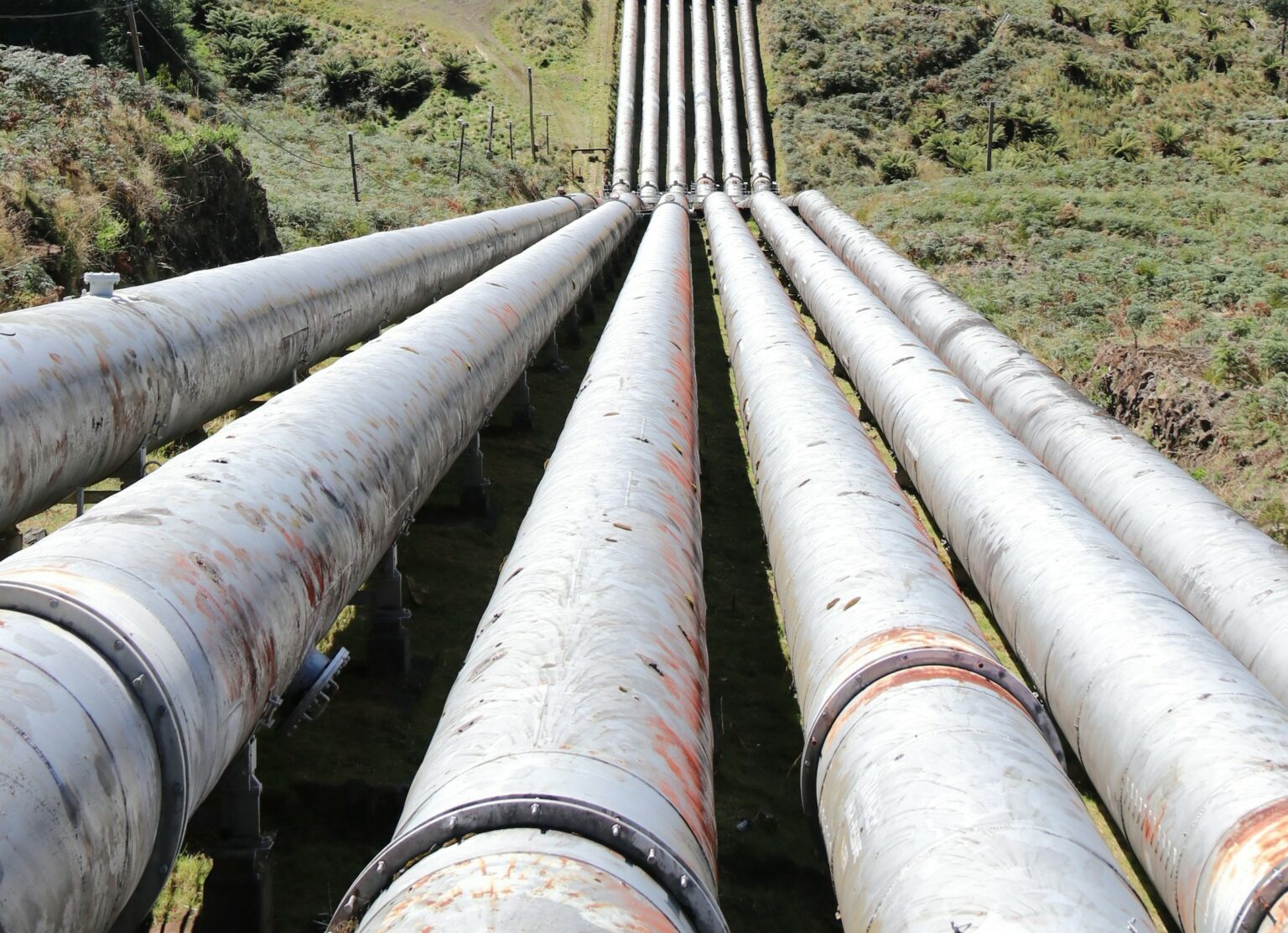Germany and Italy have joined forces to embark on an ambitious project — the construction of a cutting-edge hydrogen pipeline connecting North Africa to Bavaria.
The collaborative initiative, outlined in the Strategic Cooperation Action Plan signed by German Chancellor Olaf Scholz and Italian Prime Minister Giorgia Meloni, aims to enhance energy security and propel the transition to sustainable energy.
The signed agreement outlines a comprehensive Strategic Cooperation Action Plan, emphasizing collaboration in the energy sector. Germany and Italy, recognizing the need for sustainable energy solutions, have set ambitious goals to reinforce long-term energy security and accelerate the transition to cleaner energy sources.
At the heart of this collaboration is a shared commitment to hydrogen, positioning it as a crucial component of their energy strategies. The innovative hydrogen pipeline, linking the vast energy resources of North Africa to Bavaria, is a testament to their dedication to advancing the hydrogen economy. This move aligns with the broader European goal of establishing an interconnected hydrogen network.
The timeline for this groundbreaking project sets the completion date in 2030. Upon its realization, the hydrogen pipeline will seamlessly integrate into the European energy network, facilitating the efficient distribution of hydrogen across the continent.
The joint investment in the hydrogen pipeline underscores the commitment of both nations to prioritize sustainable energy solutions. As the global energy landscape evolves, Germany and Italy are strategically positioning themselves at the forefront of the hydrogen revolution, signaling a pivotal shift towards cleaner and more environmentally friendly energy alternatives.
